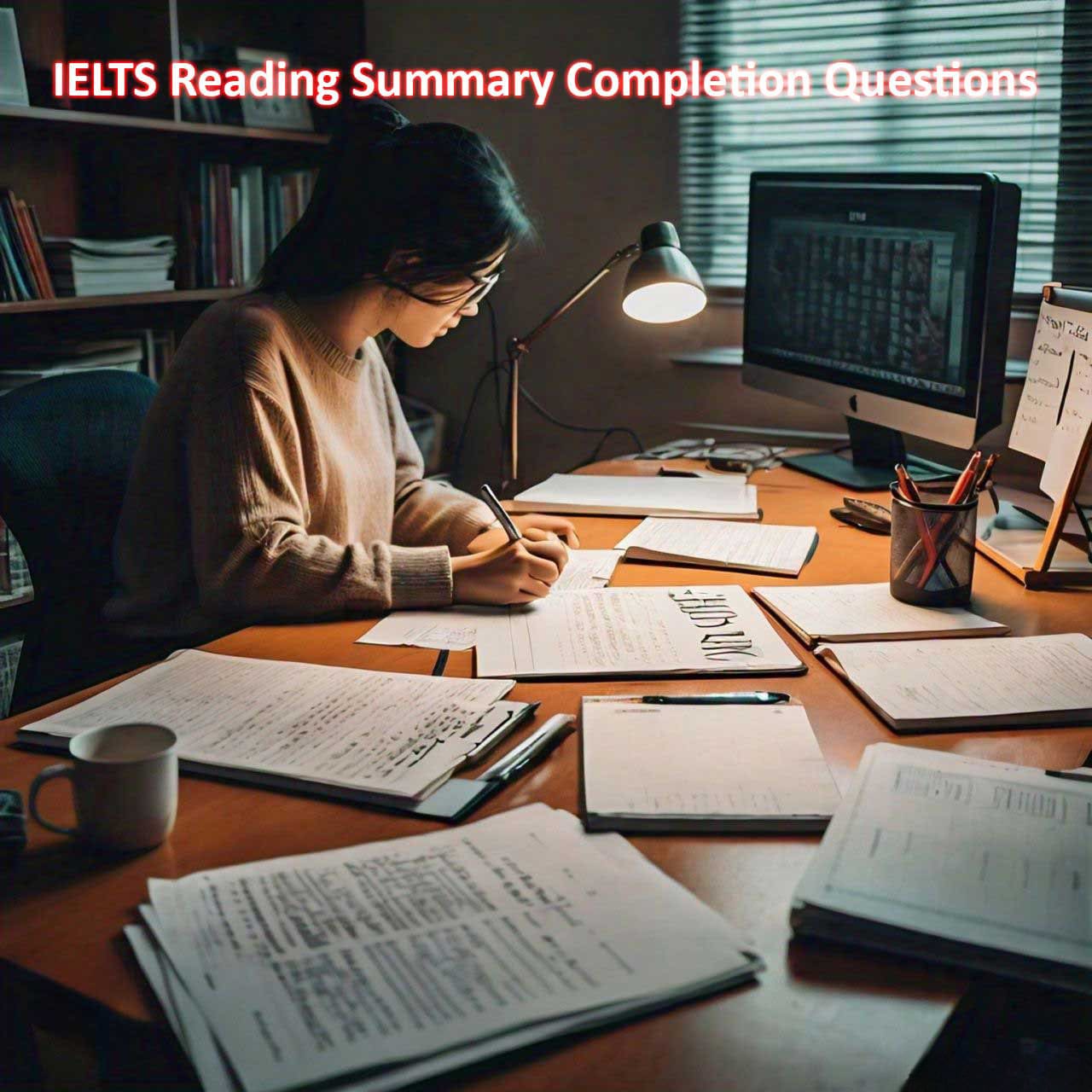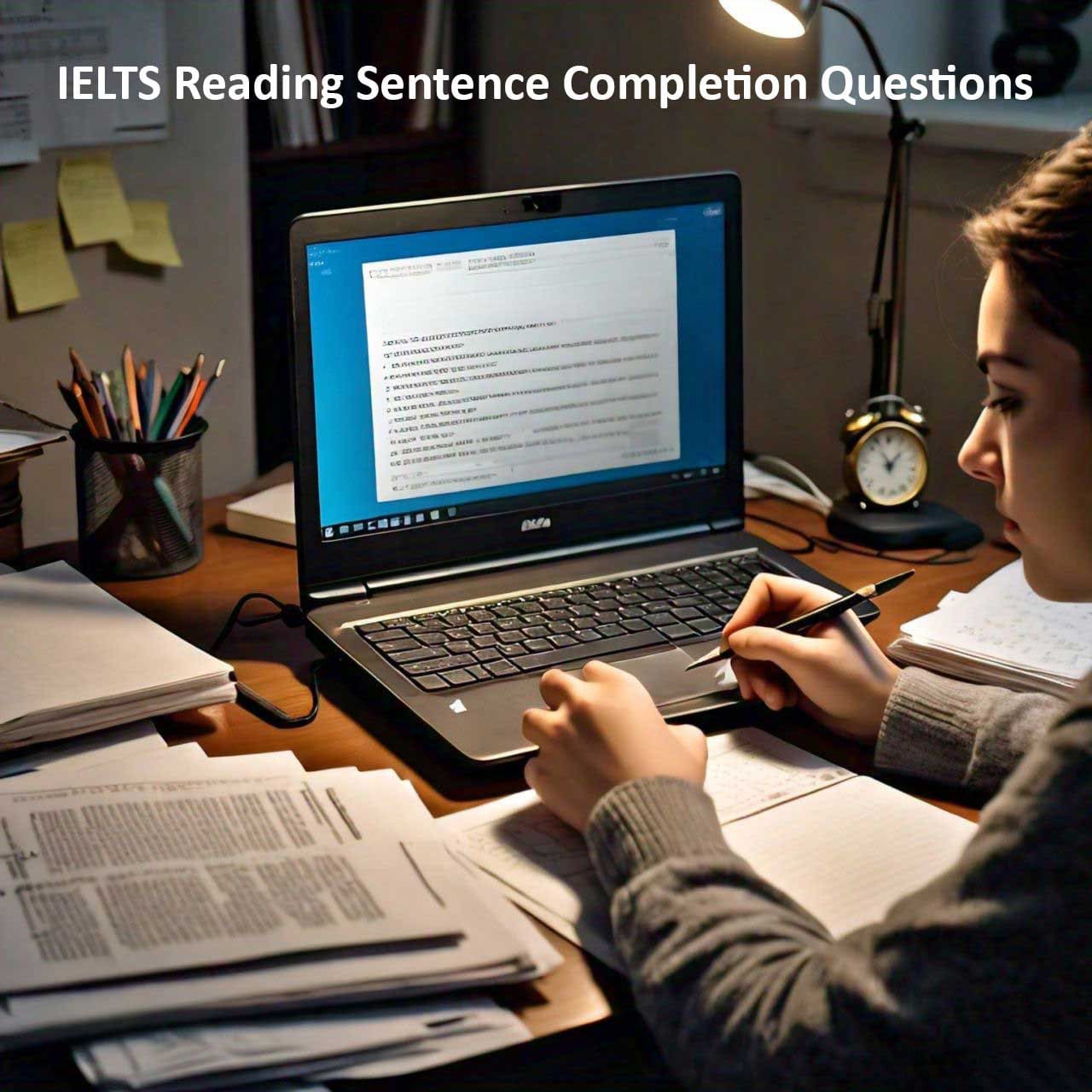The IELTS Reading test can be challenging, requiring not only a good command of English but also efficient reading skills and strategies. As you prepare for the IELTS exam, tracking your progress is crucial to understand your strengths, identify areas for improvement, and ultimately achieve your desired band score. Here’s a comprehensive guide on how to effectively track your progress in the IELTS Reading section.
Table of Contents
Why Tracking Progress is Important
1. Measure Improvement
Regularly tracking your progress helps you see how much you’ve improved over time. It provides tangible evidence of your hard work and motivates you to keep going.
2. Identify Weaknesses
By tracking your performance, you can pinpoint specific areas where you struggle, whether it’s understanding complex texts, managing time, or dealing with certain question types.
3. Adjust Study Plans
Understanding your progress allows you to tailor your study plan more effectively. You can focus more on the areas that need improvement while maintaining strengths.
4. Boost Confidence
Seeing consistent improvement boosts your confidence, making you feel more prepared and less anxious on the test day.
Steps to Track Your Progress
1. Set Clear Goals
Before you start tracking your progress, set clear, achievable goals. Decide on your target band score and the milestones you want to reach along the way. For instance, aim to improve your score by one band level within a certain period.
2. Use Practice Tests
Regularly take full-length IELTS Reading practice tests under timed conditions. These practice tests will simulate the actual exam and help you gauge your current level. Use official IELTS practice materials to ensure the tests are accurate reflections of the real exam.
3. Record Your Scores
Create a tracking system to record your scores. You can use a spreadsheet, a journal, or an app designed for tracking study progress. Record the date, the test version, and your score for each practice test.
4. Analyze Your Performance
After each practice test, spend time analyzing your performance. Note down the types of questions you got wrong and the passages you found difficult. Identify patterns in your mistakes to understand why you’re making them. Are you misinterpreting the questions? Is vocabulary a problem? Are you running out of time?
5. Track Specific Metrics
In addition to overall scores, track specific metrics such as:
– Accuracy: The percentage of questions you answered correctly.
– Speed: The time it takes to complete each passage and section.
– Question Types: Performance on different question types (e.g., True/False/Not Given, multiple choice, matching headings).
6. Review and Reflect
Regularly review your tracking records. Reflect on your progress and the areas that need more work. Celebrate your improvements and adjust your study plan to address ongoing challenges.
7. Seek Feedback
If possible, seek feedback from teachers, tutors, or study partners. They can provide insights you might miss and suggest strategies to improve your weaknesses.
8. Adjust Study Strategies
Based on your analysis, adjust your study strategies. If you’re struggling with time management, practice skimming and scanning techniques. If certain question types are problematic, focus on practicing those specific types. Use a variety of reading materials to expose yourself to different styles and topics.
Example of a Progress Tracking Log
| Date | Test Version | Overall Score | Section Scores (Passages 1, 2, 3) | Accuracy (%) | Time Taken (mins) | Notes |
| Jan 1, 2024 | Practice Test 1 | 6.0 | 6, 5.5, 6.5 | 70% | 60 | Struggled with True/False/Not Given questions. Need to improve time management. |
| Jan 15, 2024 | Practice Test 2 | 6.5 | 6.5, 6, 7 | 75% | 55 | Improved time management. Focus on vocabulary for academic texts. |
Tips for Effective Tracking
Be Consistent
Track your progress consistently. Regular practice and tracking provide more data to analyze, leading to better insights.
Be Honest
Record your scores and observations honestly. This helps you understand your true level and areas that need improvement.
Use a Variety of Resources
Use different practice tests and reading materials. This exposes you to a wide range of topics and question types, giving you a comprehensive understanding of the test.
Stay Positive
Tracking progress can sometimes reveal slow improvement. Stay positive and remember that consistent effort leads to success.
Final Thoughts
Tracking your progress in the IELTS Reading section is a powerful tool to enhance your preparation. It helps you measure improvement, identify weaknesses, and adjust your study plan effectively. By setting clear goals, using practice tests, recording scores, analyzing performance, and seeking feedback, you can ensure continuous improvement and boost your confidence for the test day. Stay consistent, be patient with yourself, and keep working towards your desired band score. Good luck with your IELTS preparation!



